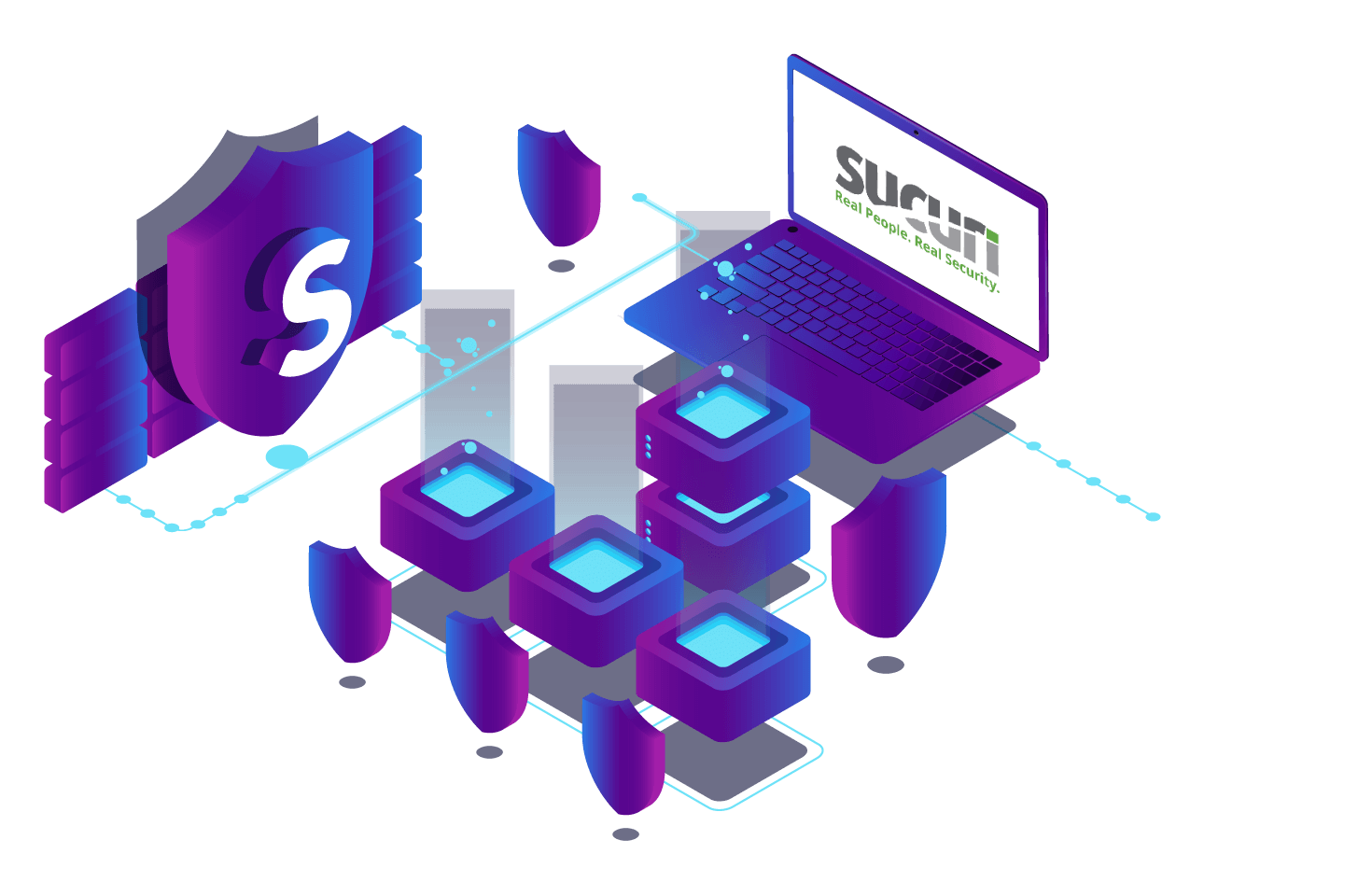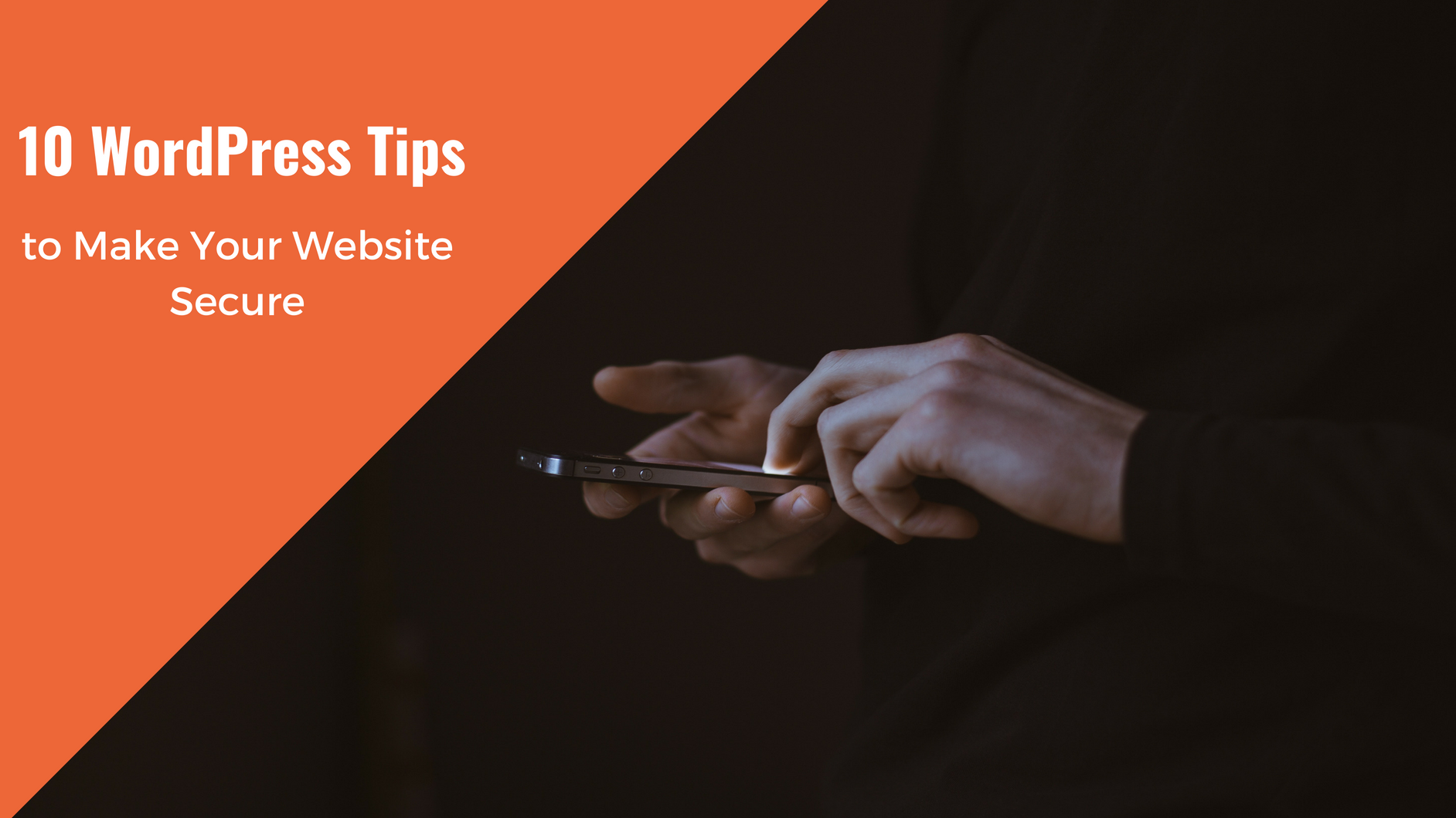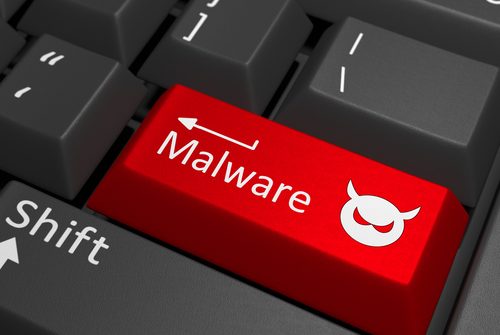The Greatest Guide To Protecting Website From Malware
However, operating system updates are important. If you put them off, the effects could be much worse than disgruntled in-laws. Take, for instance, what occurred with the Wannacry ransomware attack, in which more than 200,000 computers were compromised throughout 150 different nations, with total damages that ranged in the hundred millions to billions of dollars.
With the mass adoption of cordless technology in the last decade, our individual info is continuously being sent out over public networks ... and it's not always secured along with we believe. Our computers connect to files, printers, and the internet constantly, and hackers love to victimize vulnerable internet traffic. The reality is, you're playing with fire if your do the following: Insist on using public Wi-Fi without web browser protection Do not utilize a password for your own personal network (and share that information with others) Rely just on WEP router file encryption, the weakest there is.
You require a wireless network in your home that is WPA or WPA 2 encrypted. Never transmit your SSID to others even if you have trustworthy visitors who desire to share the network. Instead, create a visitor SSID and different password for those individuals. Bottom line: if your network is not secure, you need to utilize a virtual private network.
Website Malware Protection for Beginners
You require to understand what to search for in a quality VPN and, specifically, you require to check and ensure that the VPN you are utilizing is not logging your data, which some VPNs (typically complimentary ones) often do. When it pertains to street criminal activity, there are common-sense concepts that instantly keep you safe, such as never ever taking a trip alone http://edition.cnn.com/search/?text=malware protection at night, remaining in well-lit locations, and so on).

Avoid websites that feature pirated material, especially torrent websites like The Pirate Bay. These type of places are packed with malware. You must never open an e-mail attachment from somebody you do not recognize, which could be part of a phishing fraud. Here are a couple of suggestions: Scan every file before you download it, even if the file is sent from family or pals.
According to the most recent data, more than 18 million sites on the web are infected with malware. There are obvious warnings concerning damaged websites, so you should not just right away leave them, however also report them to your antivirus provider. Secondly, constantly ensure that you go to a site with an SSL certificate.
Getting The Malware To Work
When a web browser, such as Chrome, notifies you that a website in not secure, do something about it to prevent the entire page from being packed. Harmful sites are typically hosted in https://geekflare.com the data centers of inexpensive webhosting service providers, a number of which are host thousands of websites on a single shared server with little to no quality control.
It is getting progressively difficult to handle all of your individual info online. Why is this? Shouldn't advances in encryption innovation and standards make us more safe, not less? The reality is, all companies today are "internet" companies. They keep your all information in digital kind-- your home address, social security numbers, usernames, passwords, and transaction history.
And though encryption is more powerful today than ever previously, so too is the value of your digital tricks. One small hack can launch the personal info of thousands or countless users. Which's not even starting with message boards and social networks profiles where hackers can social engineer personal info.

The Ultimate Guide To Protecting Website From Malware
A current report by Panda Security demonstrates how more powerful encryption standards might make it easier for some kinds of malware to infect your computer system. Lots of online businesses have policies for GDPR compliance, but they might accidentally develop a backdoor for brand-new forms of encrypted malware. In summary, there are not nearly sufficient preventive methods you can require to prevent identity theft.
Cybercriminals are often adjusting and presenting brand-new malware. Malvertising, for example, is just one example of malware. In addition to remaining updated with all your programs and operating system, likewise get rid of any software you no longer usage. Outdated programs no longer have patches (updates/fixes) and leave you susceptible to attacks.
government examining our shoulders, security agencies are actually assisting. In truth, there's a branch of Homeland Security called the Cyber Security Division. The examine all types of threats, both private and public, and frequently update Malware is very widespread, yet it is not difficult to prevent.

Some Known Incorrect Statements About Web Security
To summarize, here's how to safeguard yourself from malware: Constantly utilized a relied on anti-virus program from a reliable service provider. Run scans frequently. Constantly update your os and software application. Use security networks, proxies, and/or VPN's whenever possible. Do not click on everything you see (a site or e-mail link). Safeguard your usernames and http://www.bbc.co.uk/search?q=malware protection password as if your monetary future depends on it.
When you take these basic safety measures, you will greatly improve your security and make sure that your computer system runs as fast as it should. .
Post Views: 436 Almost every website owner or webmaster needed to deal with website infections at some time. But even though there is a lot of info about malware over the Web, we sadly tend to forget about securing our sites from them. As you may know, viruses are kinds of malicious codes that permeate into your site and disrupt its' regular performance.
A Biased View of Protecting Website From Malware
For the many part website owners are not mindful that their website was contaminated, and typically they will not take proactive actions before they see noticeable signs of a hacked site. Every site owner ought to comprehend the root of the issue-- site vulnerabilities are the cause https://en.search.wordpress.com/?src=organic&q=malware protection and infections are the symptoms.
If your website was infected, getting rid of the viruses is not enough. You must understand how a hacker managed to inject the infection. You have to examine your website for vulnerabilities and repair them. If the only thing your do is cleaning up the website, you are risking of being reinfected.
The very best way in tackling it is putting in a "Defense" paragraph in your plan prior to you even start producing your website. Just as you will surly set up an alarm on your home or store, so why do you neglect securing your virtual one?Why do we safeguard our computer systems from infections with antivirus software application and firewall softwares, installing alarm on our physical workplaces, however we overlook to protect our web resource?Often it's due to a popular misconception-- that our host is accountable for the protection of our site.
A Biased View of Malware
Its' function is to provide you with a physical location where your web resource will exist, similar to a hotel. And like a hotel that it is, again for the most part, is not responsible for your stolen property, a host is not accountable for the defense of your site.